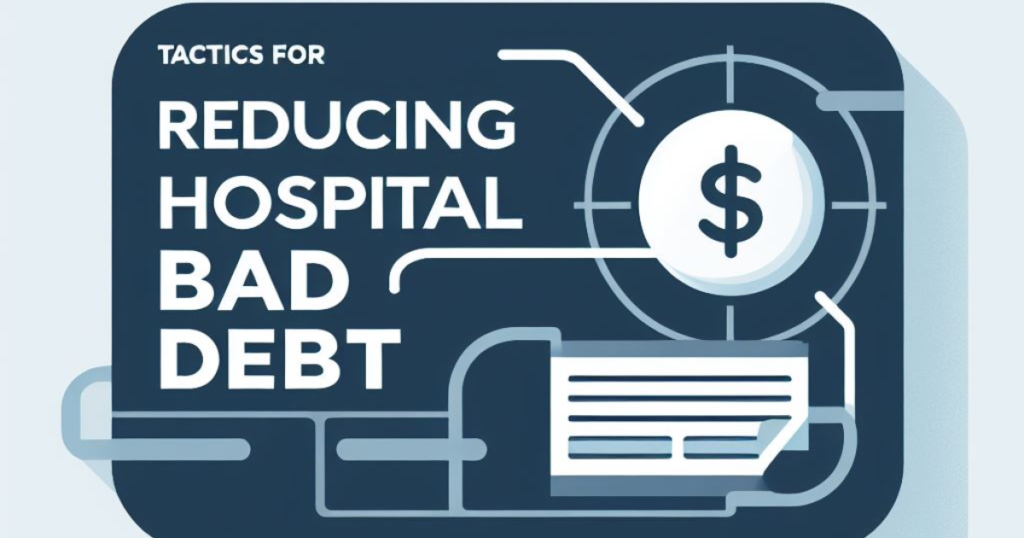
The Role of National Credentialing Organizations in Healthcare
National credentialing organizations play a vital role in ensuring that healthcare professionals have the necessary knowledge and skills to provide safe and effective care to patients. These organizations establish standards for education, training, and certification in various healthcare specialties, and they play a crucial role in maintaining the integrity and quality of the healthcare workforce.
Credentialing plays a crucial role in healthcare. It involves verifying and evaluating healthcare professionals’ qualifications, training, and experience to ensure they meet the required standards of competency and practice. This process helps to protect patients and ensure that they receive quality care. National credentialing organizations are essential in this process.
What are National Credentialing Organizations?
National credentialing organizations are third-party organizations that set standards for healthcare professionals’ education, training, and certification. These organizations provide certification and accreditation to healthcare professionals and institutions to ensure they meet the necessary standards of competency and practice. National credentialing organizations operate in different areas of healthcare, including nursing, medicine, dentistry, and pharmacy, among others.
How National Credentialing Organizations Work?
They evaluate candidates’ qualifications and experience against these standards, providing certification or accreditation where necessary. National credentialing organizations also provide ongoing professional development and training opportunities to ensure that healthcare professionals remain up-to-date and competent in their practice.
The Benefits of National Credentialing Organizations in Healthcare
National credentialing organizations provide a range of benefits, including:
- Standardization of education, training, and certification: National organizations establish uniform education, training, and certification standards across various healthcare professions. This standardization ensures that healthcare professionals receive consistent, high-quality training and education, which leads to consistent standards of care. In addition, by setting these standards, credentialing organizations help ensure that healthcare professionals possess the necessary knowledge, skills, and competencies to perform their roles effectively.
- Increased patient safety and quality of care: Credentialing organizations help to ensure that healthcare professionals meet the required standards of competence and practice. This process helps to protect patients and ensure that they receive high-quality care. In addition, healthcare professionals who meet the necessary credentialing standards are more likely to deliver safe and effective care, reducing the risk of medical errors and adverse events.
- Improved professional development and continuing education opportunities: National credentialing organizations offer healthcare professionals ongoing professional development and continuing education opportunities. These opportunities help to keep healthcare professionals up to date with the latest research, technologies, and best practices. By participating in these activities, healthcare professionals can improve their knowledge and skills, ultimately improving patient care.
- Increased professional recognition and mobility: Credentialing organizations provide healthcare professionals with certification or accreditation recognized and respected throughout the industry. This recognition can increase the professional’s credibility and enhance their career opportunities. Additionally, credentialing organizations allow healthcare professionals to demonstrate their qualifications and competencies to potential employers, colleagues, and patients.
- Enhanced transparency and accountability in healthcare: National Credentialing organizations ensure transparency and accountability in healthcare, making it easier for patients to make informed decisions about their care. Additionally, credentialing organizations may conduct audits and reviews of healthcare institutions and professionals to ensure ongoing compliance with these standards, which helps to maintain high levels of quality care and patient safety.
Common National Credentialing Organizations in Healthcare
Some of the most common national credentialing organizations in healthcare include the American Nurses Credentialing Center (ANCC), the American Board of Medical Specialties (ABMS), the National Commission for Certifying Agencies (NCCA), and the Joint Commission on Accreditation of Healthcare Organizations (JCAHO).
Challenges and Criticisms of National Credentialing Organizations
While national credentialing organizations provide many benefits, they face challenges and criticisms. Some of the challenges include the following:
- High costs associated with certification and accreditation
- Variations in standards across different organizations
- Lack of standardization in continuing education requirements
- Criticisms of the role of national credentialing organizations in restricting access to certain professions
Future Directions for National Credentialing Organizations in Healthcare
- The future of national credentialing organizations in healthcare will likely involve increased collaboration and standardization across different organizations.
- As the healthcare industry becomes more complex, there is a growing need for greater collaboration and standardization across different healthcare professions and specialties.
- National credentialing organizations will likely play an increasingly important role in facilitating this collaboration and standardization by working together to establish
- The healthcare industry constantly evolves, with new technologies, treatments, and best practices emerging regularly. As a result, national credentialing organizations are likely to emphasize ongoing professional development.
- As the healthcare industry becomes increasingly digital and technology-driven, national credentialing organizations will likely integrate with emerging technologies to improve the credentialing process.
- Credentialing organizations may leverage emerging technologies to develop new tools and resources to support ongoing professional development and continuing education.
- As the healthcare industry becomes more diverse, national credentialing organizations will likely focus on addressing diversity and inclusion issues in their standards and practices.
- Credentialing organizations may work to increase diversity among their staff and leadership to ensure that their practices are inclusive and equitable.
- National credentialing organizations play a critical role in maintaining the integrity and quality of healthcare by establishing and enforcing standards of competence and practice.
Conclusion: The Vital Role of National Credentialing Organizations in Healthcare
National credentialing organizations play a vital role in ensuring that healthcare professionals meet the required standards of competency and practice. They provide a range of benefits, including standardization, increased patient safety and quality of care, professional development, and recognition. While they face challenges and criticisms, national credentialing organizations are essential in maintaining the integrity and quality of healthcare.
Ready to take your knowledge to the next level? Subscribe to our blog and never miss an update!
At Apaana Healthcare, we believe that everyone deserves access to the best possible care.
We urge healthcare professionals to continually learn more and exercise mindful decision-making.
We can build a better future for healthcare together!
References
National Center for Complementary and Integrative Health – https://www.nccih.nih.gov/health/credentialing-licensing-and-education
The National Academies Press – https://nap.nationalacademies.org/read/24911/chapter/6
American Nurses Association – https://www.nursingworld.org/education-events/faculty-resources/research-grants/styles-credentialing-research-grants/credentialing-definitions/
Smart Sheet – https://www.smartsheet.com/medical-provider-credentialing-guide





